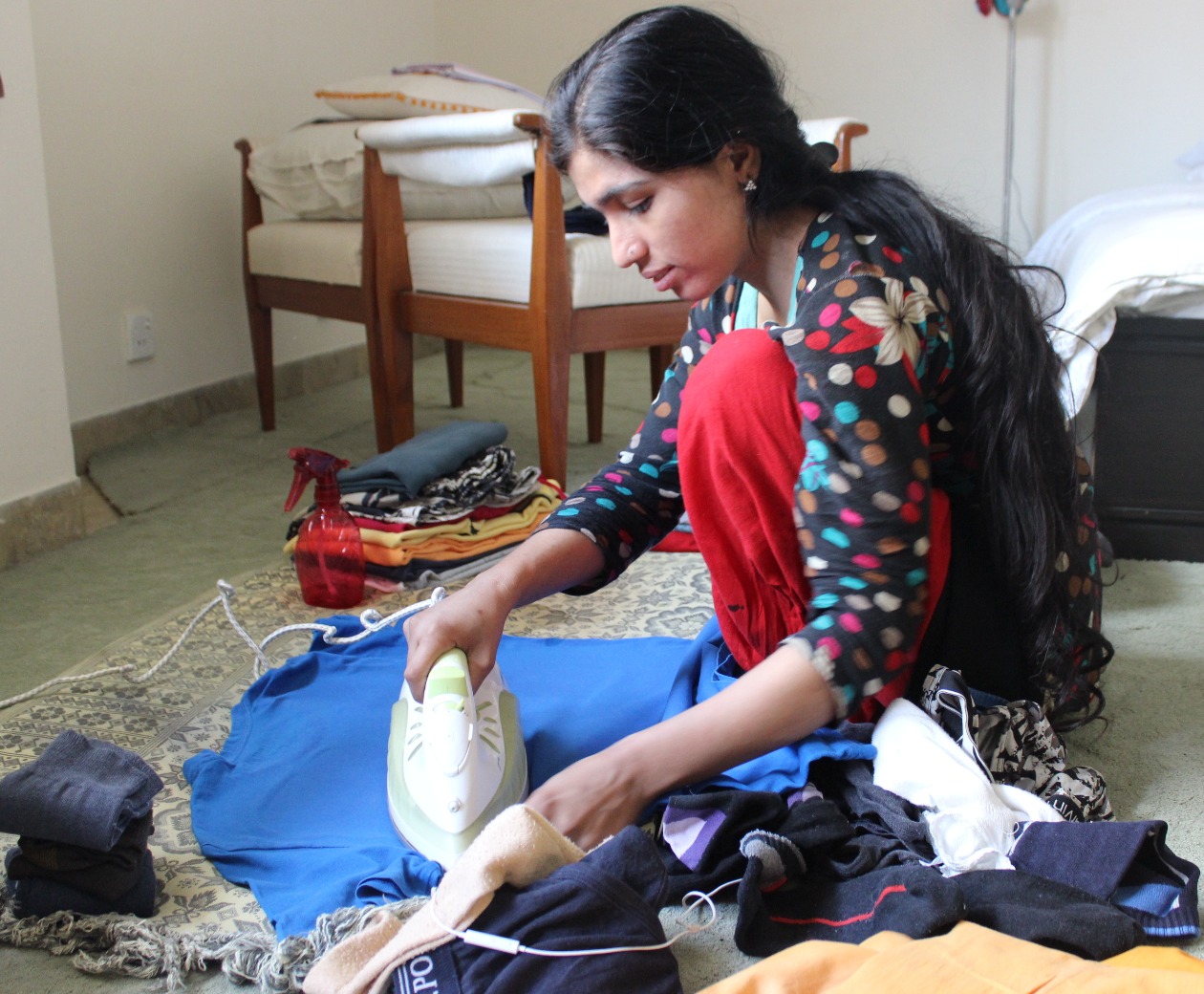World Bank exposes economic and social impact of coronavirus in South Asia
Governments in South Asia, one of the poorest areas in the world, are ruthlessly imposing the burden of economic devastation created by the coronavirus pandemic onto the working masses. COVID-19 infections continue to wreak havoc, with the number of infections in the region climbing yesterday to a total of 12 million with 176,000 deaths in the region. Also Read: OECD launches MENA Pension Oultook report for the fisrt time Globally, the number of cases has hit 95 million with over...

